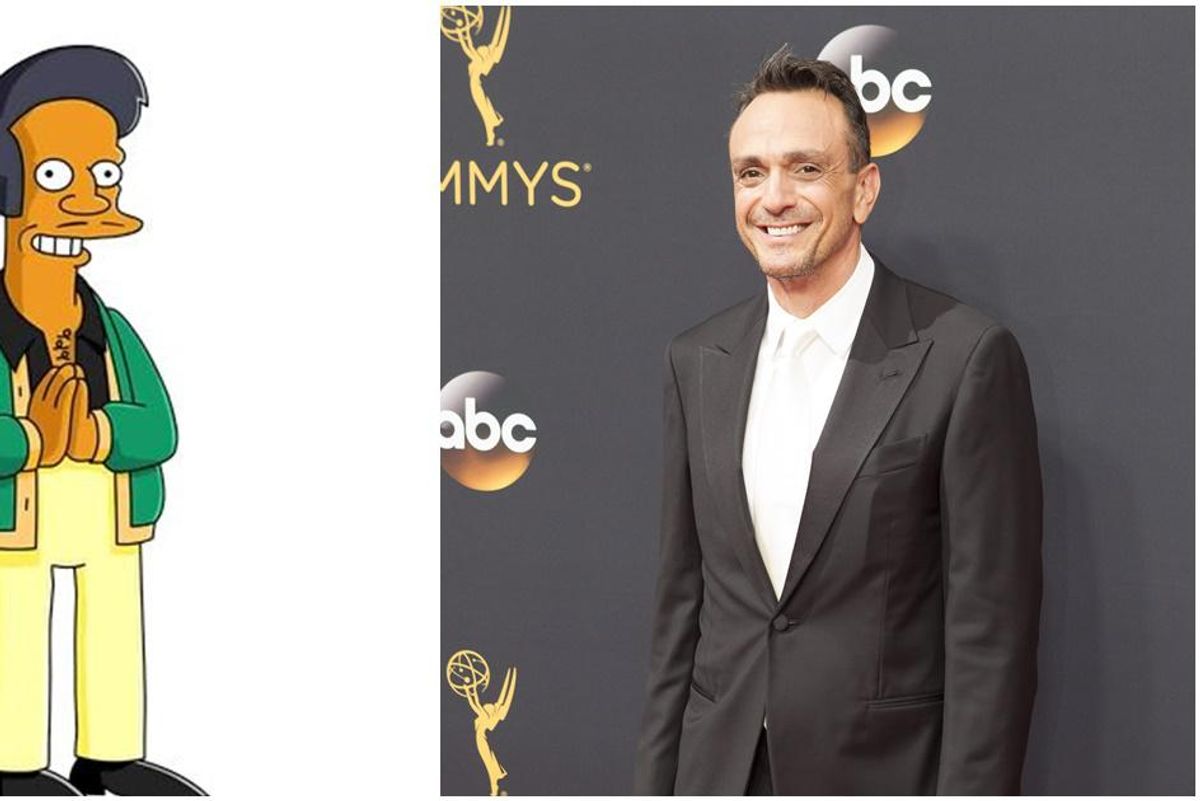'Simpsons' star Hank Azaria apologizes for Apu and shares how he evolved on race and acting
Actor Hank Azaria's relationship with "The Simpsons" character Apu Nahasapeemapetilon holds a mirror up to how America has progressed as a society on the issue of race over the past three decades. Last year, he announced he'd no longer be performing the character, but that came after a long, slow journey of understanding.
"It's 1988, and somebody says to me, 'Hey, can you do an Indian accent?' It was, like, one line. I said, 'Yeah, I think so.' And Apu comes out. We're like 'OK, that was funny' and we all laugh. So that keeps going from there, and over the years it develops," he revealed on Dax Shepard and Monica Padman's "Armchair Expert" podcast.
Back then, Azaria thought that voicing an Indian character was just the same as playing any other ethnicity. He was just following in the footsteps of comedy legend Peter Sellers who played an Indian character in the 1968 comedy "The Party."
- Hari Kondabolu's 'The Problem With Apu' battles bad stereotypes ... ›
- 'The Simpsons' finally addressed the controversy surrounding Apu ... ›
- Hank Azaria gave an honest answer about his controversial ... ›
- Why Homer won't strangle Bart anymore on 'The Simpsons' - Upworthy ›

